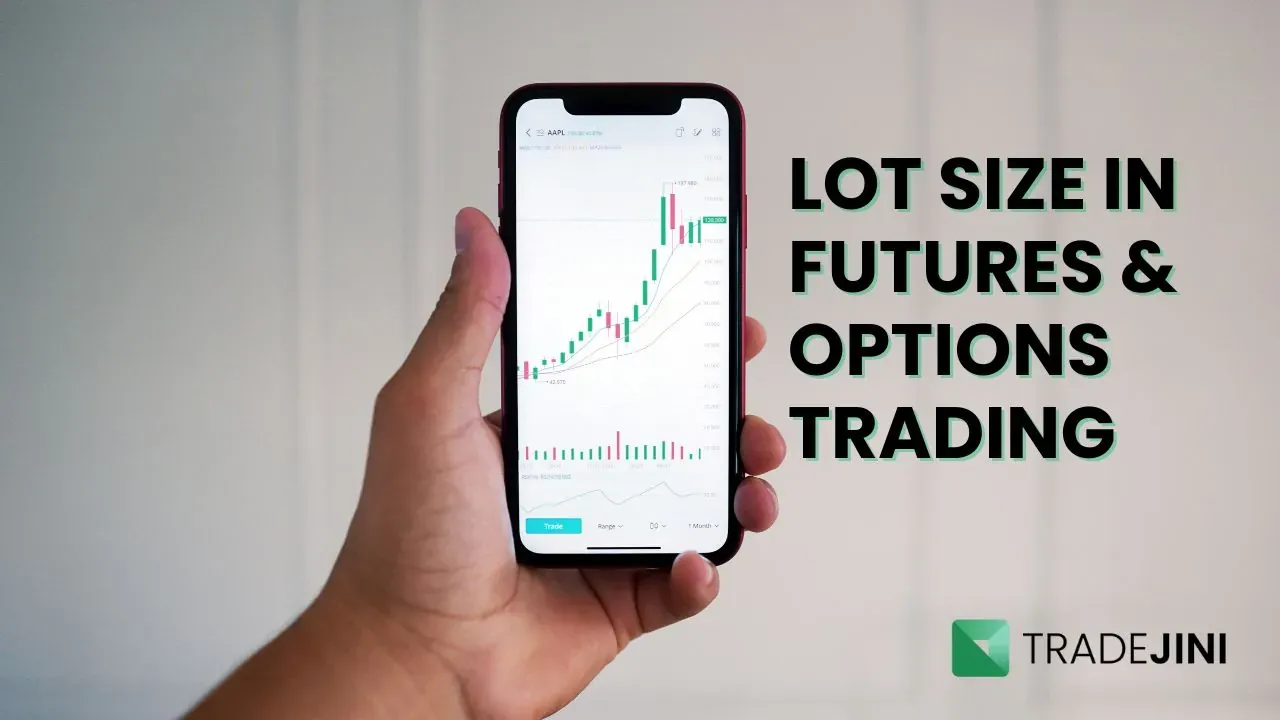Understanding Bulk Deals and Block Deals
In the dynamic world of stock trading, large transactions such as bulk deals and block deals play a significant role in influencing market trends and attracting the attention of investors. These trades involve substantial volumes of shares and can provide insights into market sentiment and stock movements. Understanding the differences between bulk deals and block deals is crucial for investors looking to capitalize on stock market opportunities.
What is a bulk deal?
A bulk deal refers to a stock market transaction where the total quantity of shares bought or sold exceeds 0.5% of the equity shares of a company listed on the exchange. These deals are executed during regular trading hours and are visible to all market participants. Due to their transparency, bulk deals can have an immediate impact on stock prices, reflecting significant buying or selling interest in the stock.
Key characteristics of bulk deals:
- Trading Volume: This involves transactions that are 0.5% or more of a company’s total listed shares.
- Timing: Executed during normal stock market trading hours.
- Visibility: Details are available to all market participants, influencing stock prices dynamically.
- Reporting: Brokers must report bulk deals to the stock exchange, disclosing participant identities and transaction details.
Also Learn: Stock Market Basics: What It Is and How It Operates in India
What is a block deal?
A block deal, on the other hand, involves large trades where the minimum order size is 5 lakh shares or a trading value of at least ₹10 crore. These transactions are conducted in a special trading window and are not visible to regular retail investors during execution, allowing for greater privacy and minimizing immediate market impact.
Key characteristics of block deals:
- Trading Volume: It involves a minimum of 5 lakh shares or a value of ₹10 crore.
- Timing: Conducted in special trading windows, separate from regular trading hours.
- Visibility: Not immediately visible to all market participants during execution.
- Privacy: Provides a level of confidentiality until details are disclosed after trading hours.
Also Learn: What Are CE and PE in Stock Trading? Understanding Differences, Calculations, Strategies, and Risks
Differences between bulk deals and block deals
While both bulk and block deals involve large volumes of shares, the primary differences lie in their execution and visibility:
1. Execution timing:
- Bulk Deals: Executed during regular trading hours, providing transparency to the stock market.
- Block Deals: Occur in specific windows outside of regular trading hours, offering more privacy.
2. Visibility and reporting:
- Bulk Deals: Details are visible in real-time, impacting market sentiment immediately.
- Block Deals: Information is disclosed after trading hours, minimizing immediate market impact.
3. Transaction size:
- Bulk Deals: Defined by the percentage (0.5%) of a company’s total shares.
- Block Deals: Defined by a minimum value or volume threshold (5 lakh shares or ₹10 crore).
Impact on stock market and investment strategies
Both bulk and block deals can serve as indicators of market sentiment and investor confidence. For instance, repeated bulk buying can signal bullish sentiment towards a stock, while consistent bulk selling might indicate a bearish sentiment. However, investors should consider these signals alongside other market indicators and perform thorough research before making trading decisions.
How to find stocks involved in bulk deals?
You can track the latest NSE or BSE bulk deals effortlessly in the CubePlus section, where you will see two separate categories: bulk and block, as illustrated below.
Trends and shifts that set the stage
Understanding bulk and block deals is essential for anyone looking to lead in the stock market effectively. These transactions, executed by large investors such as institutional investors and high-net-worth individuals, can provide insights into stock market trends and potential stock movements. While both types of deals offer advantages in terms of executing large trades, their impact and visibility differ, making them useful tools for different trading strategies. As with any investment, due diligence and careful analysis remain crucial components of successful trading.
‘In stocks, when deals are big and bold, watch for signals as they unfold. Bulk or block, their trades reveal, insights into the market's wheel.’
Also Read: What is Volume in Trading, and How do Traders Use it?
_11zon.webp?alt=media&token=bd974821-aee4-43a5-b467-01d1a67a570b)
_20_11zon.webp?alt=media&token=6659b2e6-927e-42de-8375-e227e579f556)
_11zon.webp?alt=media&token=a8f3f55c-dc70-4d42-844e-6874ceff69ce)
_11zon.webp?alt=media&token=a05d2324-cace-44ed-a35f-50f9e63be9c3)
_11zon.webp?alt=media&token=14cd8f87-8add-49ce-84f1-ca07a0c52b0c)



